Category : India
Apr 22, 2021 | Announcements, Community, COVID-19, Faculty, In Region, India, News
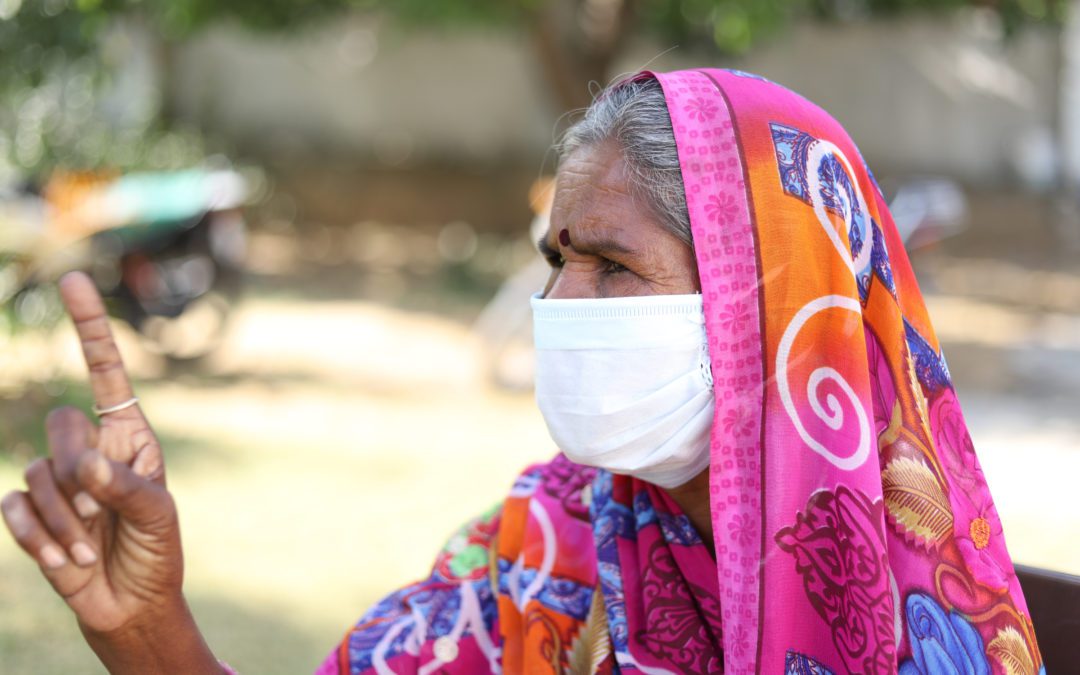
The years of post-mortem that follow will dissect how we arrived here. But for now, the path out of the current inferno requires unwavering commitment to science, and perhaps tremendous rectitude. Let us examine what we can do in the coming months.
Apr 20, 2021 | Announcements, In Region, India, News, Students

The Global Alliance for Medical Innovation, a group of students and faculty based at
Harvard University working to increase access to healthcare via engineering and advocacy, was awarded a Mittal Institute Seed for Change grant in summer 2020. Their proposal explored the development of low-cost, scalable technologies to allow point-of-care diagnosis of common eye disorders in under-resourced regions of the globe.
Apr 14, 2021 | Announcements, In Region, India, News
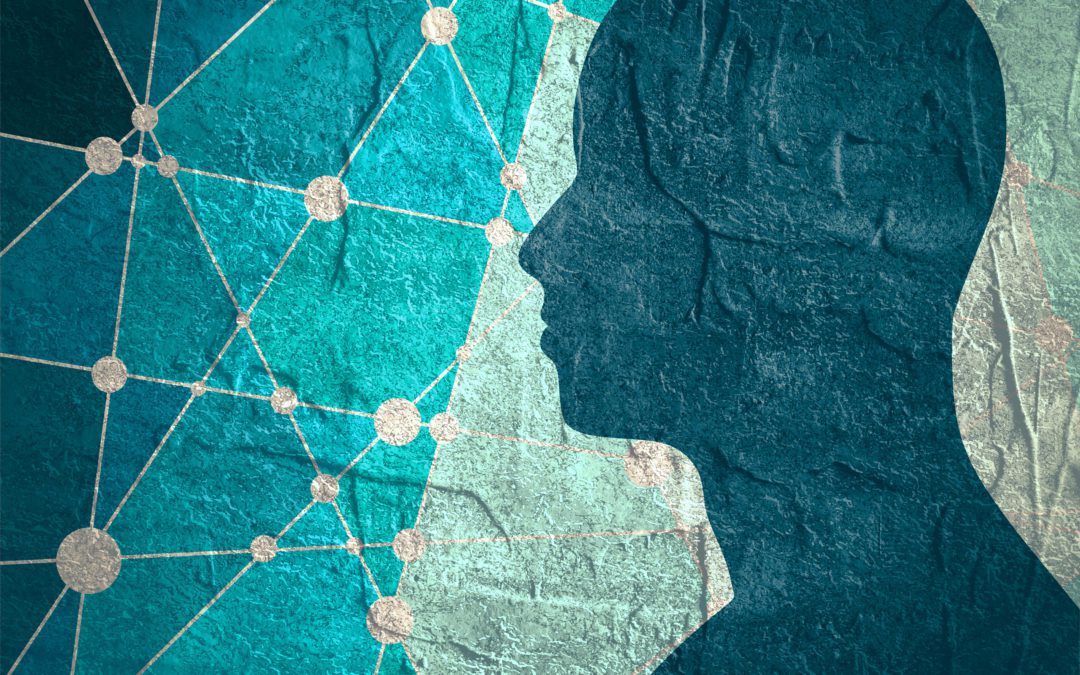
Through a collaboration between the Tata Trusts and the Mittal Institute, Project Empower is working to bridge the mental health provider gap in India by building a digital platform to provide virtual training and supervision to community health workers as they identify and treat common mental health disorders.
Apr 7, 2021 | Announcements, India, News

India, the world’s third-largest energy consumer, generates 80% of its energy from coal, oil and biomass. To meet its future projected growth, the International Energy Agency in Paris says that India will need to add an electric power system the size of the EU’s every 20 years. It has made great strides, including ensuring each village is connected to the power grid, and its solar PV deployment program is one of the world’s ambitious. Yet it faces many challenges – energy poverty, access to clean water, increased road transportation, and high temperatures that yield a demand for air conditioning.
Apr 7, 2021 | Announcements, B4 Program, In Region, India

On March 26, the Building Bharat Boston Biosciences (B4) program held a two-session online webinar to mark the conclusion of its final phase. The Building Bharat-Boston Biosciences (B4) Program is the second iteration of the earlier Boston-Bangalore Biosciences Beginnings Program. Funded by the Department of Biotechnology within the Government of India, the B4 program is a collaboration between the Institute of Bioinformatics and Applied Biotechnology (IBAB) in Bangalore, the Harvard Global Research Support Centre India, and the Lakshmi Mittal and Family South Asia Institute at Harvard University.
Mar 24, 2021 | Announcements, B4 Program, In Region, India, News

A 3D rendering of a chain of amino acid or biomolecules called protein. Photo by Christoph Burgstedt, Adobe. Since 2016, the Mittal Institute’s Building Bharat-Boston Biosciences (B4) program has connected institutions in India and Boston to promote scientific...
Mar 24, 2021 | Announcements, In Region, India, News
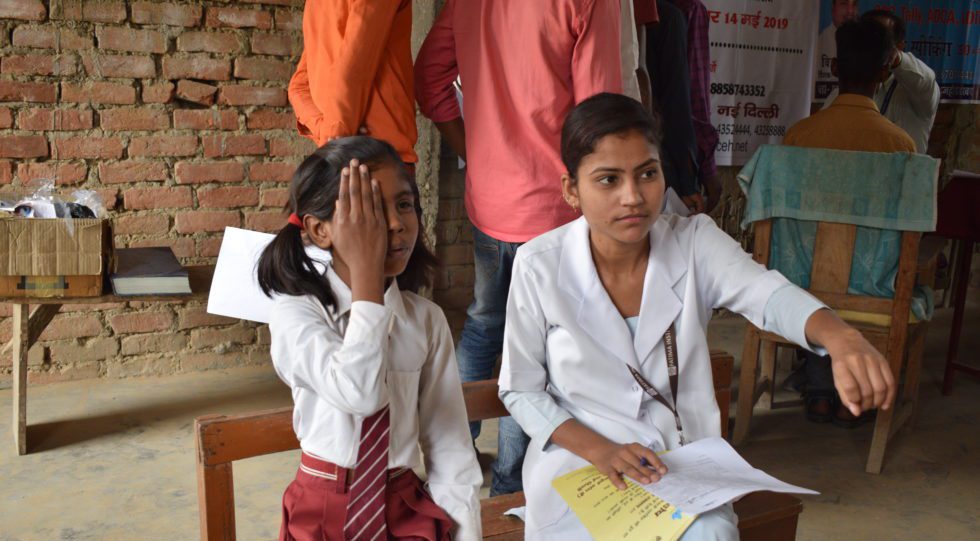
An optometrist at the Prakash Vision Center. Photo by Project Prakash. Over the past three years, as part of the Mittal Institute’s “Multidisciplinary Approach to Innovative Social Enterprises” program, Project Prakash has focused on treating childhood...
Mar 18, 2021 | Announcements, Bangladesh, COVID-19, In Region, India, Myanmar, Nepal, News, Pakistan, South Asia in the News

Image by Adobe. How should the vaccine alliance, Gavi, respond to the worldwide need for a vaccine for the Covid-19 pandemic? Harvard Business School professor Tarun Khanna discusses how experimentation, judicious risk taking, and entrepreneurship in finance and...
Mar 18, 2021 | Announcements, Community, India

Images from the Mittal Institute’s new India Office. On Thursday, March 11, the Lakshmi Mittal and Family South Asia Institute (the Mittal Institute), Harvard University, officially inaugurated its new India headquarters in New Delhi – a significant milestone...
Mar 17, 2021 | Announcements, India, News

The Lancet Citizens’ Commission on Reimagining India’s Health System is an ambitious, cross-sectoral initiative to lay out the path to universal health coverage in India. Its guiding principle is that structural change toward universal health coverage can only be achieved through consultative and participatory engagement with the diverse sectors involved in healthcare and, most importantly, with India’s citizenry.
This event aimed to introduce the Commission to the Harvard community and invite students, researchers, faculty, and alumni to participate in the initiative. It consisted of a panel discussion featuring several of the Commission’s co-chairs and commissioners, who are leading voices from across India’s healthcare landscape. They discussed the Commission’s five work streams (citizens’ engagement, financing, governance, human resources, and technology) and ways to get involved.
Mar 4, 2021 | Announcements, In Region, India, News, Students
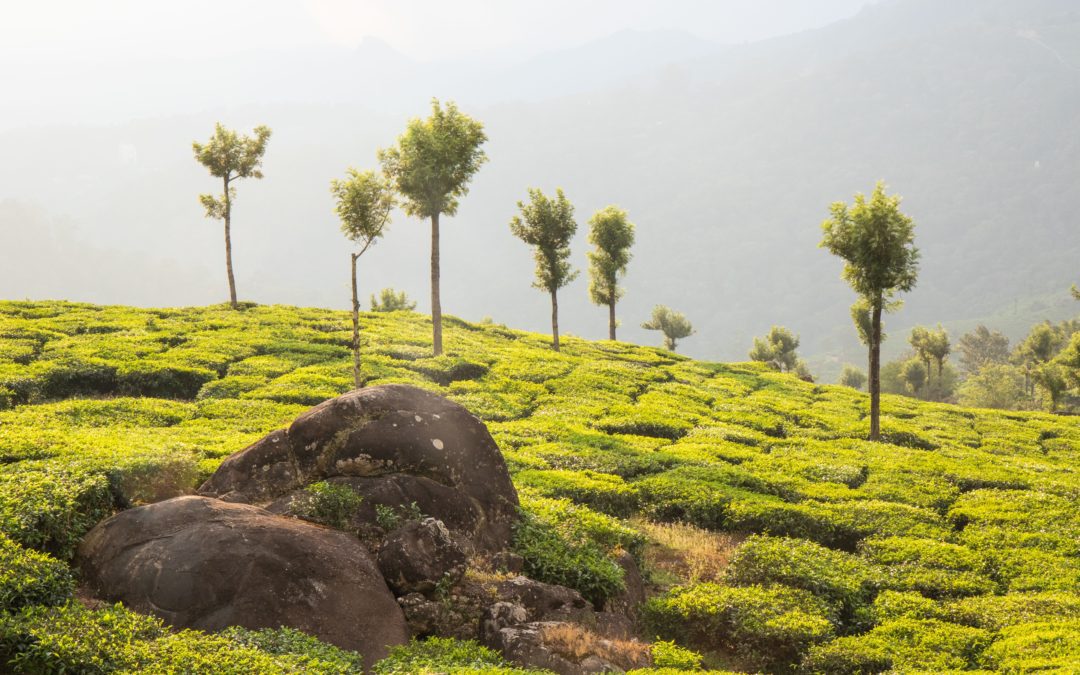
By Keya Lamba and Shweta Bahri, Harvard College ‘20. Earth Warriors is an early childhood education curriculum that uses play-based learning and a solutions-oriented approach to teach young children (3-7 years old) about climate change and sustainability. Climate change, pollution, and unsustainable levels of waste have led to an environmental crisis that can no longer be denied, and it is crucial for people to start building sustainable habits and reducing waste production from a young age to combat it. Yet, less than five countries in the world have climate change as part of their mandatory education curriculum, and none have it as part of their early curriculum.
Mar 4, 2021 | Announcements, COVID-19, Faculty, India
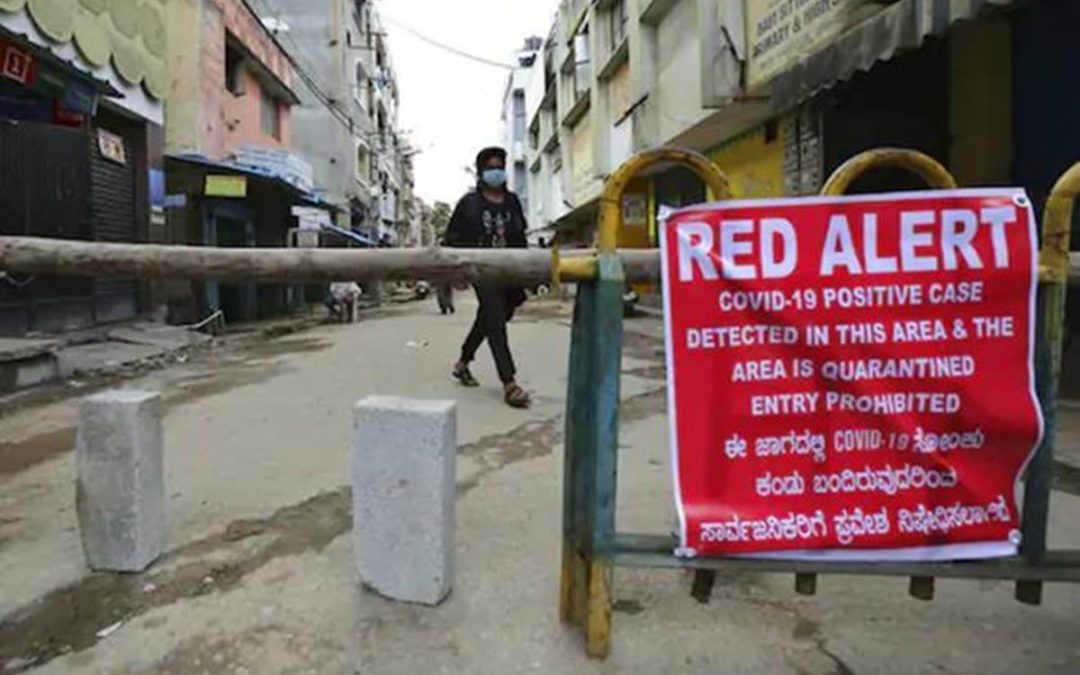
In the third episode of The COVID Chronicles podcast, Dr. Satchit Balsari speaks with Manoj Mohanan, Associate Professor at the Sanford School of Public Policy at Duke University. Mohanan’s team’s recent paper, published in Lancet Global Health, reports that seroprevalence (the number of individuals in a population who test positive for a specific disease based on serology specimens) in Mumbai varies from 55–61% in the slums, to 12–19% in non-slum settings.












